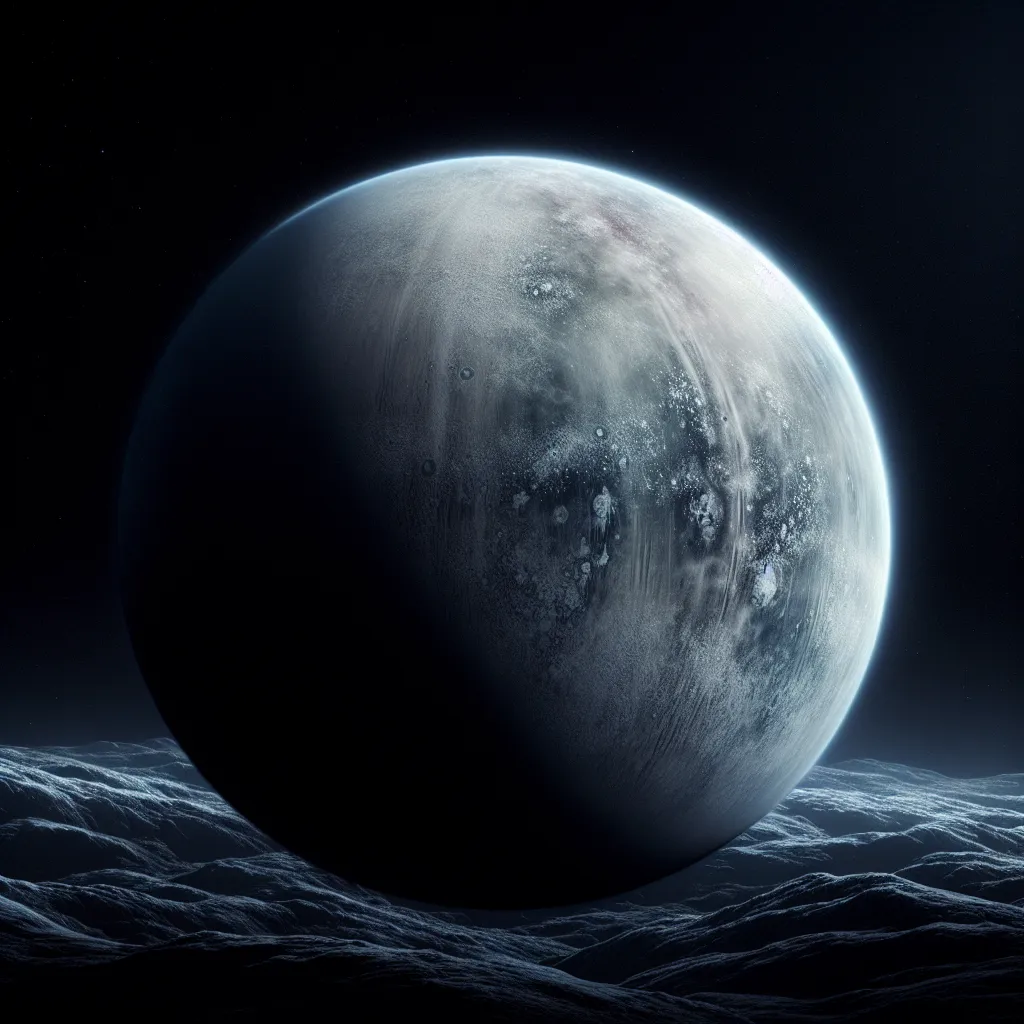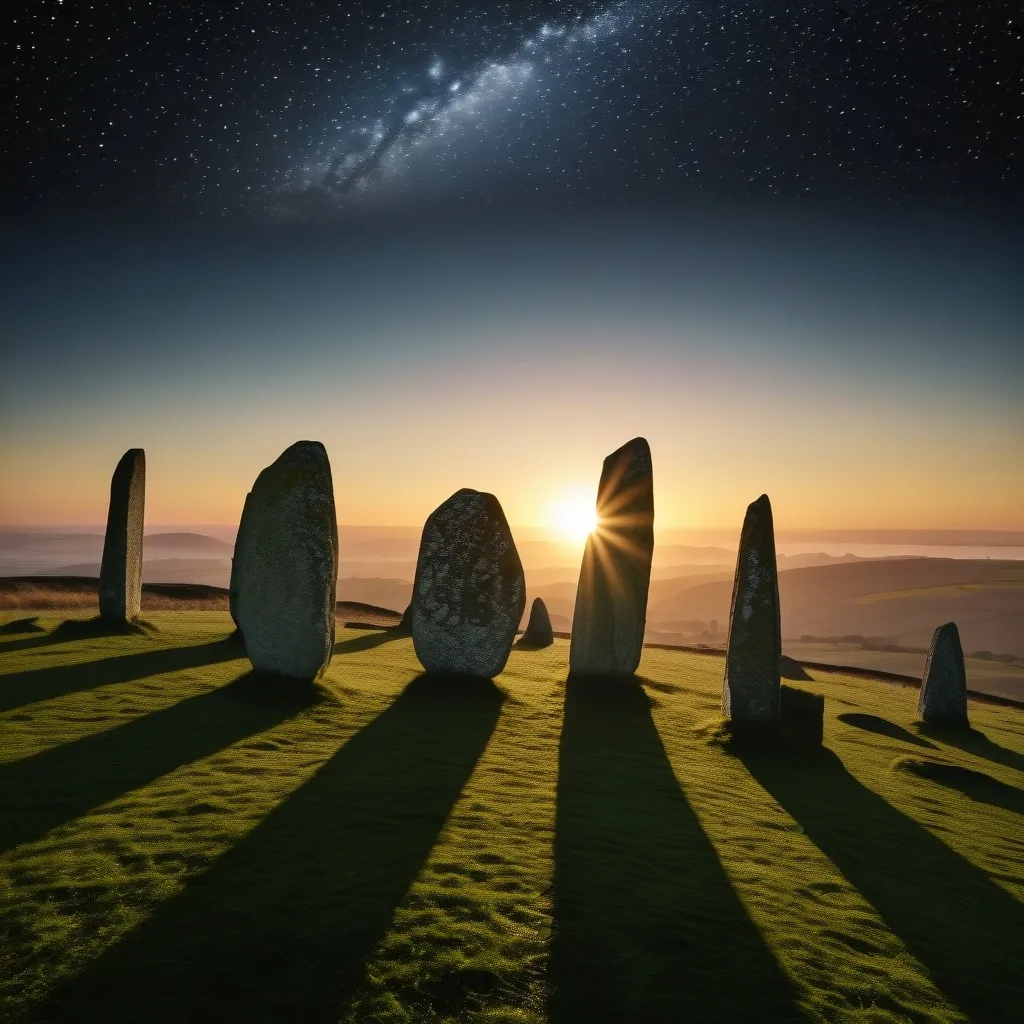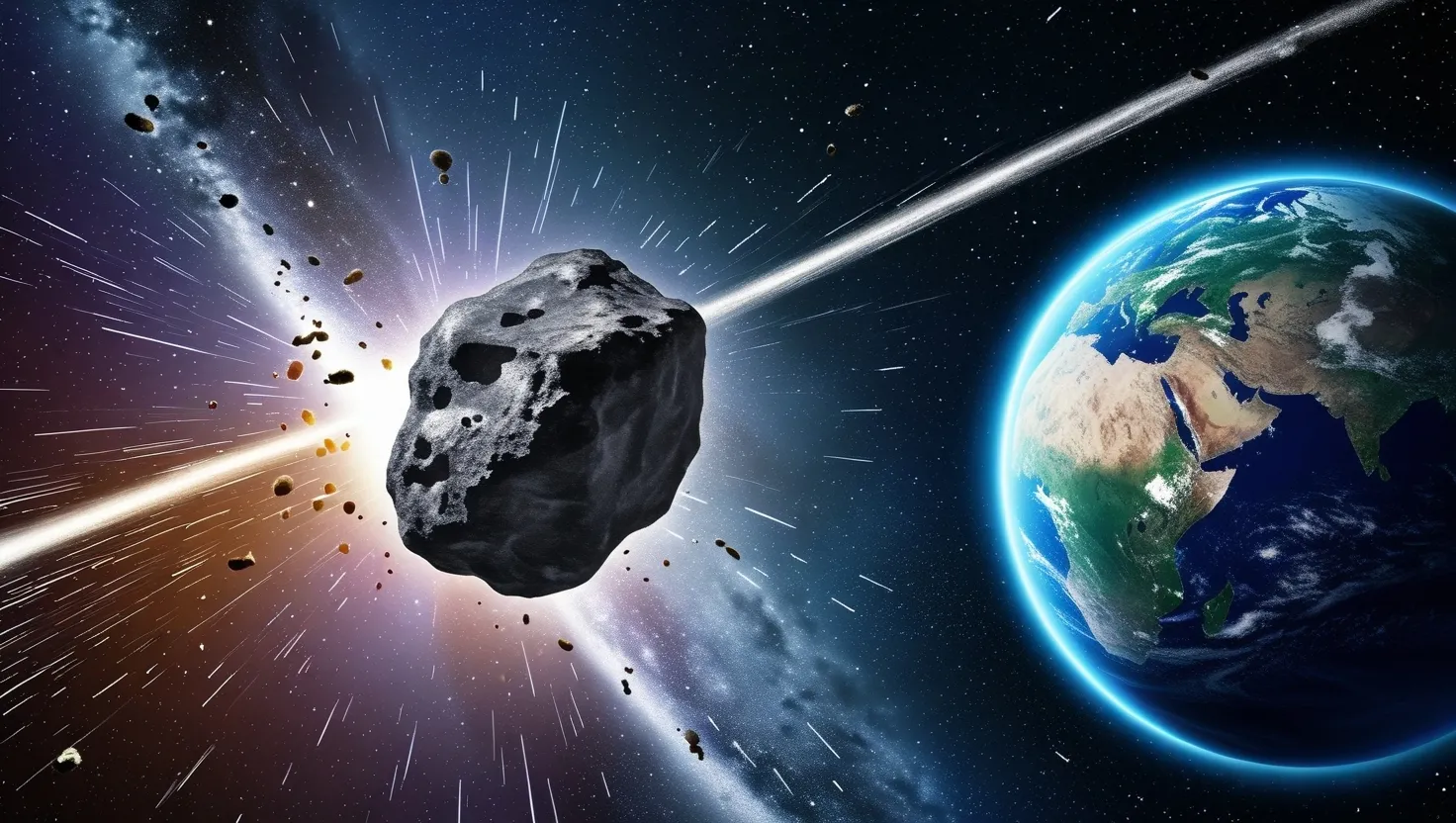Rogue planets wander the universe alone, drifting through the cold, dark space between the stars without the warmth of a nearby sun. These solitary travelers experience no seasons, no days, and no nights. Despite their isolation, rogue planets might carry alien life across the galaxy. But how do they get there, and how can life exist on them?
There are various types of rogue planets, but let’s focus on the most fascinating ones—those similar to Earth that were kicked out of their planetary systems. This can happen as young stars and planets compete for mass, colliding and disrupting orbits. Sometimes, larger planets push smaller ones out into the nothingness. It’s possible that up to half of all planets become rogues, potentially making billions of them in our Milky Way.
Most rogue planets face a grim fate. Without a star, their surfaces can cool to minus 270 degrees Celsius, freezing any oceans solid and causing atmospheres to freeze and collapse to the surface. But surprisingly, some of these frozen worlds could host life. Imagine an Earth-like planet in deep space. Even with minimal energy—0.03 percent from its core—life might still find a way.
Earth’s core is a hot metal ball, and its outer core of liquid metals cools slowly, releasing heat and keeping the planet geologically active. This geothermal energy could sustain life for billions of years. Additionally, a dense hydrogen atmosphere might trap enough heat to keep oceans liquid. Moons could also provide energy through tidal forces, warming these rogue planets like kneading dough.
The most plausible scenario involves sub-glacial oceans beneath a thick ice layer. Similar environments already exist in our Solar System. On Earth, hydrothermal vents at the ocean floor support diverse ecosystems in total darkness. If such vents were present on a rogue planet, they could start complex ecosystems as well.
Life in such an ecosystem would likely begin with bacteria feeding on minerals from these vents. Over time, this could lead to more complex life forms. In this stable environment, protected by ice, it’s conceivable that intelligent life could develop. However, these beings would live in a confined world, surrounded by ice above and bedrock below, never knowing there’s an outside universe.
Without plants to store solar energy, there would be no wood, oil, or coal, and no fire at the ocean’s bottom. Metals might never be forged, and these intelligent beings could remain trapped under the ice forever, unaware of the vast universe beyond. Their civilizations might continue until the planetary core finally cools, and all life vanishes, frozen in place.
Thinking about this is both exciting and disturbing. Our universe could be full of life on planets nearly impossible to escape. These frozen worlds might even pass through our Solar System, unnoticed. Maybe, someday far into the future, humans will land on one of these rogue planets and try to say hello.






